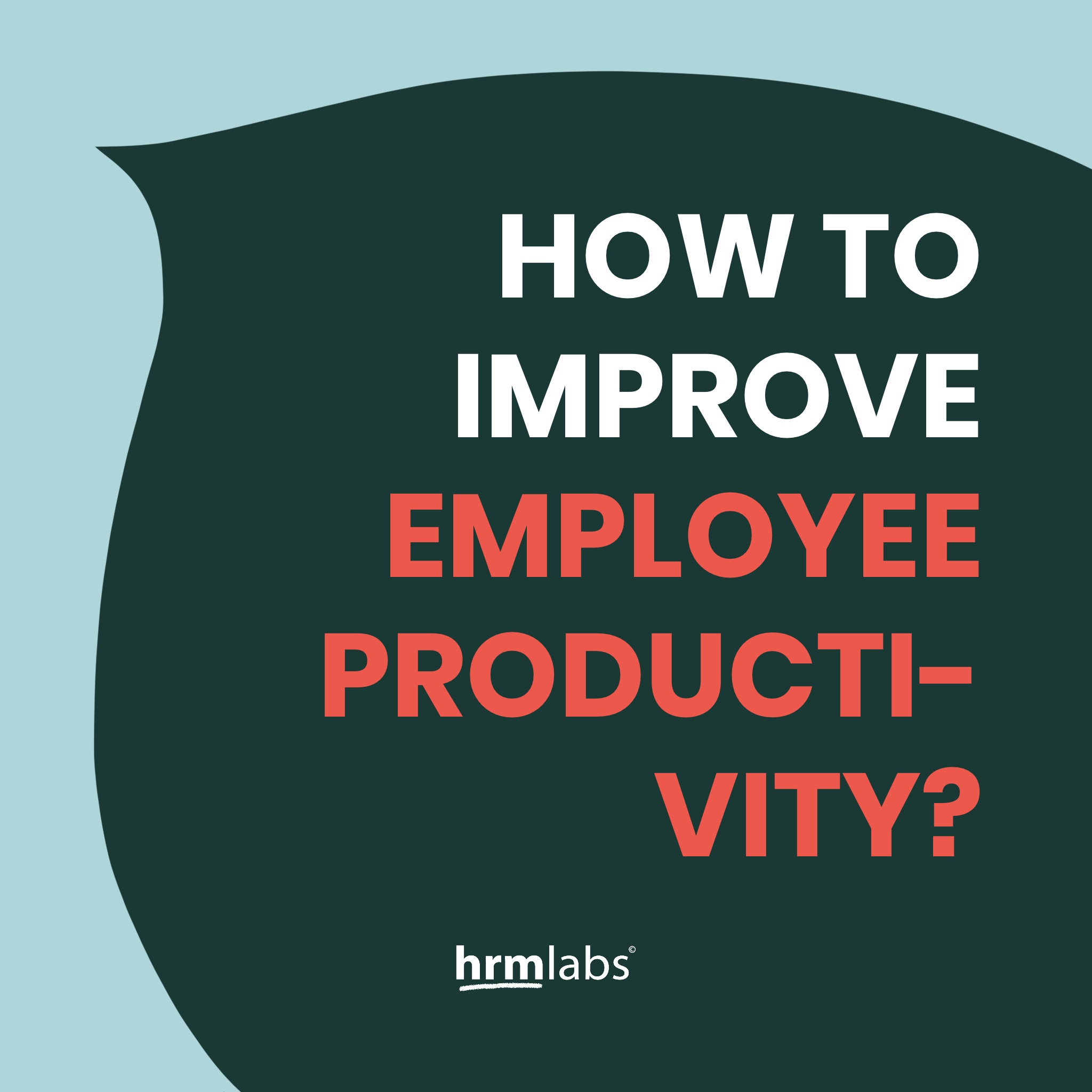You already know that employee productivity can improve your business growth. Journal of Labor Economics had published a report in 2016 that stated that ‘Happier people are about 12% more productive’.
Yes! A happy and motivated employee creates a positive environment in the workplace while an unmotivated employee is destructive and demoralizing.
So, what is a leader suppose to do when you encounter an unproductive employee? Change their attitude immediately!
Despite what you may think, improvements in employee productivity don’t always require raises, lavish gifts or a promise to work remotely. Many times, going back to the basics of good people management is all it takes to generate greater productivity from your workforce.
Here are some effective ways to help you motivate an employee and boost employee productivity:
1. Remember to Listen
If you want your workers to take a more active role in your business, you need to listen to what they say, a new study shows. The No. 1 reason employees don’t take more initiative at work, the study shows, is that their leaders fail to get their input before making decisions.
The study, conducted by John Izzo, author of the new book, Stepping Up: How Taking Responsibility Changes Everything (Berrett-Koehler, 2012), defined stepping up as “taking initiative to make the company better, including bringing up new ideas, suggesting better ways of doing business and taking high levels of effort to improve the organization’s services.
Read also : Manage Your Human Resource at Full Productivity
2. Give Incentives
Who doesn’t love incentives? When it comes to motivating employees to deliver their best work, nothing matters more than strong employee incentive programs. In addition to increasing employee retention and productivity, incentivizing employees reinforces your company’s culture and values.
Bonuses, vacations, and parties are nice, but the foundation of a good employee rewards program is simply recognizing employees for their hard work on a regular basis. In fact, 81% of employees say they’re motivated to do their best work when their bosses show appreciation!
Yes, incentives is not only about salary improvement, you can honor your best employee publicly, give away coupon or gift cards, company picnics, or allow for family days! You can also ask them what they’d like.
3. Share Feedback
Performance reviews are very important! Measure your employee’s performance, conduct individual meetings to let them know the areas that they are excelling in and the ones that need to worked on. Post this, ask them where they need your help or guidance to improve. Encourage an open dialogue for continuous development of the employees over time.
Additionally, conduct unofficial and anonymous feedback meetings. This is an exercise where the members of the same team will share a feedback on their team members – their way of working, behaviour, etc. Considering that the feedback is anonymous, this will be an upfront and transparent review which may help in getting an accurate picture of how cohesive the employee’s performance is in the organization.
4. Celebrate Success, No Matter How Small
Whenever you hit one of those benchmarks, stop for a while to enjoy that fact. Give yourself and your company a day off. Go to a ball game or have a party. If you and your employees all know that each step along the way will be an occasion to have fun, both you and they will be that much more motivated to get to the next achievement!
In addition to celebrating achievements within your company, let the world know! Issue a press release, share to your social media, or write an article for your trade association’s newsletter. Letting people know about what your company achieved will force you to take those achievements seriously. It will raise your profile, which is always a good thing.
Besides, the surest way to see that your accomplishments get the recognition they deserve is to begin by recognizing them yourself.
5. Be a Role Model
A role model leader is one who inspires those who work for employees. As well as exhibits managerial excellence in many aspects of the business! While having all the traits befitting of a leadership role models are not very common, the seven skills that can help you lead, inspire and garner respect can easily be learned and improved upon.
6. Create a Family-Like Atmosphere
What exactly is the upside of a ‘family feel’ culture beyond employee satisfaction? It turns out employee satisfaction alone is important from a business perspective: happy, satisfied people make for more productive and engaged employees.
Creating a familial atmosphere at work also encourages strong team relationships which can result in better dynamics helping people to work together more effectively. Not just that, but establishing a sense of loyalty is also a key factor in staff retention.
7. Train, Re-Train, and Promote
To keep employees productive, don’t focus so heavily on the here-and-now of your company’s need. If you invest in employee skills, you’ll foster loyalty to your company and build your bench of future leaders.
Also remember, what employees want in their career development changes throughout the stages of their lives.
Employees may want the experience necessary to gain a promotion, while a mid-career employee may seek new challenges by making a lateral move into a different department. A subject-matter expert may want to take classes on an emerging technology rather than be trained to manage people.
Create employee development plans that lay out how your employees will acquire needed skills. You can do that through training (formal or on-the-job), coaching or mentoring. To keep them motivated and productive, you’ll need to follow that training with situations that allow them to use what they’ve learned. You can easily manage your employee training with HRMLabs.
Read also : How Automation Technology Boost Your Productivity



